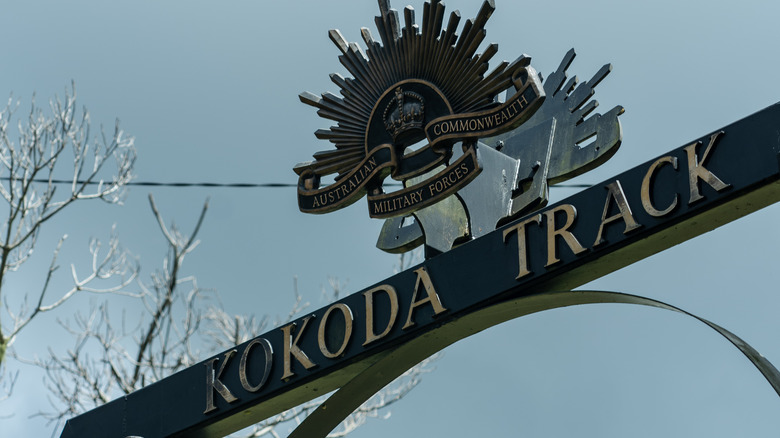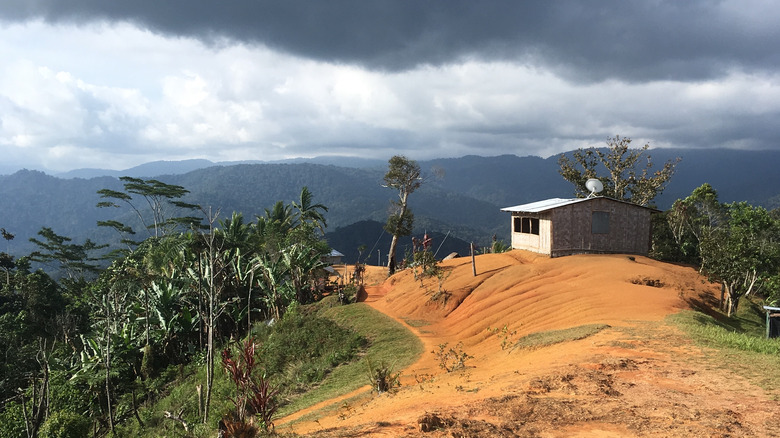Indigenous villages and biodiversity along the Kokoda Track
Completing the Kokoda Track typically takes four to 12 days, depending on weather conditions, fitness levels, travel pace, and the direction of the trek. The Kokoda trail connects from Owers Corner to Kokoda town and can be completed in either the North or South direction. The track passes through many remote villages where trekkers can experience overnight hospitality and the culture of local indigenous communities. These encounters provide a unique insight into the traditional way of life in Papua New Guinea.
The Kokoda Track paves through the Owen Stanley Range, one of the most biologically significant areas in the Asia Pacific. Trekkers will encounter a variety of plant and animal life, including 510 unique bird species, over 4000 plant species, and many endangered and endemic species. The trail cuts through some of the most pristine ecosystems on the planet, including savanna, cloud forests, grasslands, wetlands, and tropical rainforests — offering a chance to experience nature in its most unadulterated form.
As with any journey into delicate environments and indigenous territories, trekkers are urged to approach the Kokoda Track with diligence and care. Responsible tourism practices, such as following established paths, respecting local customs, and minimizing environmental impact, are essential to preserving this unique trail. The military pilgrimage spirit of the trail calls for additional sensitivity, as many Kokoda expeditions make stops at battle sites to pay homage to the fallen soldiers.
Essential planning and logistical information

While it may be daring and tempting to do the trek independently, the best way to walk the Kokoda Track is with a licensed tour operator. Local guides and porters will provide essential logistical support for this challenging hike and invaluable knowledge of the terrain, history, and cultural significance. Anyone who wishes to walk the Kokoda Track must obtain a trekking permit for around $100 — if you are booking a guided trek, this usually gets taken care of for you.
The difficulty and remote location make preparation for the long-distance hike crucial. The best time to go is usually during the dry season, from April to October. Hikers should undertake serious physical training, familiarize themselves with the terrain, and pack essential survival and camping gear. Dehydration, hyponatremia (low blood sodium), heat exhaustion, tropical illnesses, and various other health risks are all dangers to consider. Precautions such as vaccinations and anti-malarial medication are essential, and comprehensive travel insurance is an unquestionable must.
To get to the track, fly into Port Moresby, the capital of Papua New Guinea, where your tour provider will most likely coordinate transportation. The Kokoda Track Authority, the governing body that manages the trail, provides official information covering everything from planning guides to lists of licensed operators. There is even a Kokoda Race — the current record holder completed the trail in 16 hours and 34 minutes in 2008.

